NewsBeat
Baby girl airlifted to hospital in serious condition after ‘XL bully attack’ in Kent | UK News
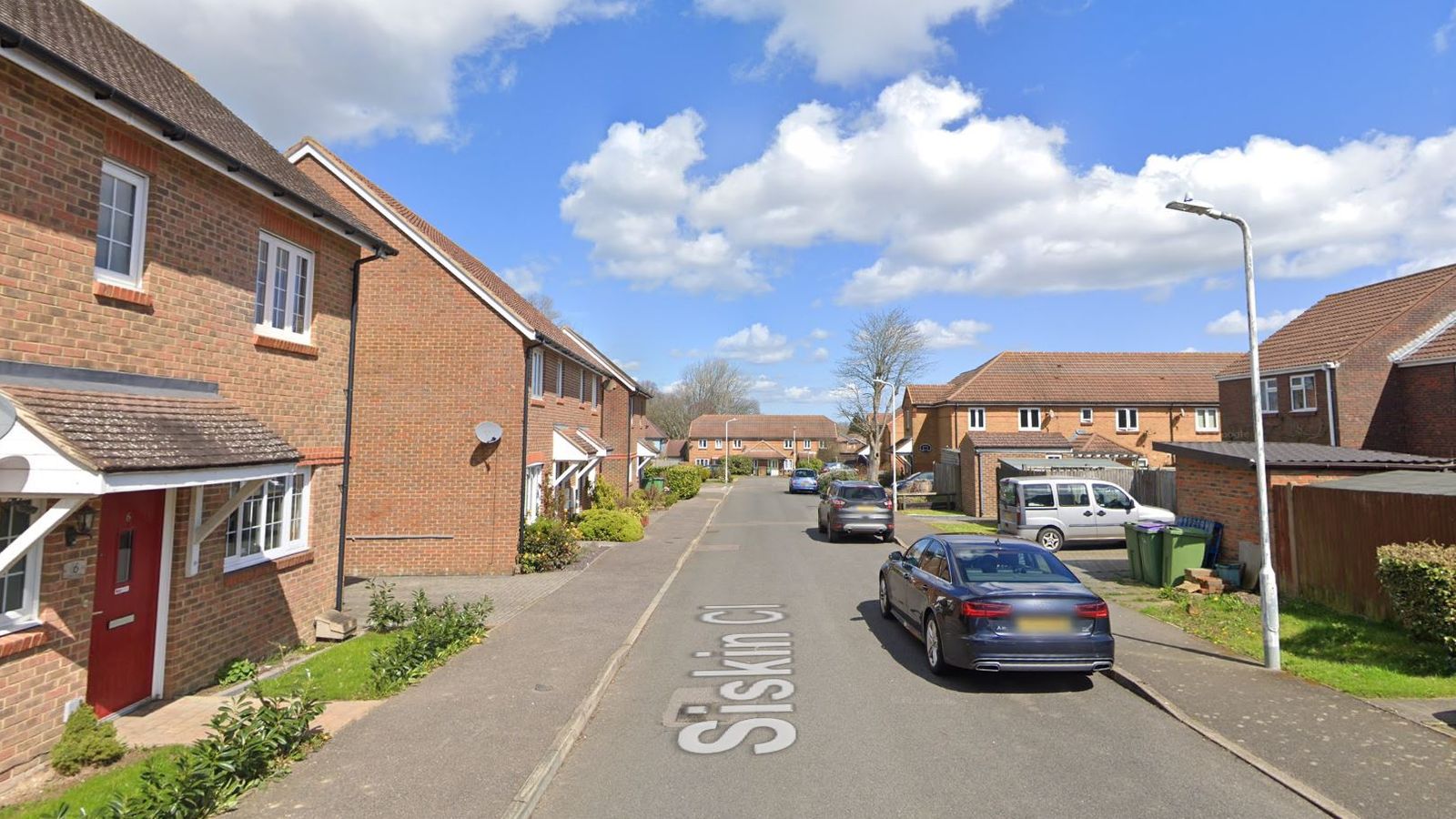

An eight-month-old girl is in a serious condition after being attacked by a dog and airlifted to hospital.
The animal has been seized and destroyed and is believed to be a registered XL bully type.
The attack happened at around 2pm on Wednesday inside a property on Siskin Close in Hawkinge, near Folkestone in Kent.
“Officers attended along with South East Coast Ambulance Service and an eight-month-old girl was airlifted to a London hospital where she remains in a serious condition,” said Kent Police.
An 18-year-old man and a 76-year-old woman have been arrested on suspicion of being in charge of a dog dangerously out of control.
Kent Police said they were still in custody and officers would remain in the area as investigations continue.
XL bully dogs can only be legally owned in England and Wales with an exemption certificate.
About 40,000 are believed to have been registered before February’s deadline.
They must be muzzled and kept on a lead in public, but these rules don’t apply when the dog is at home.
Breeding, selling or abandoning them is also now illegal.
This breaking news story is being updated and more details will be published shortly.
Please refresh the page for the fullest version.
You can receive breaking news alerts on a smartphone or tablet via the Sky News app. You can also follow us on WhatsApp and subscribe to our YouTube channel to keep up with the latest news.
Politics
NFU President Tom Bradshaw hits out at Labour’s ‘unfair’ inheritance tax raid on farmers has he hands petition to Downing Street
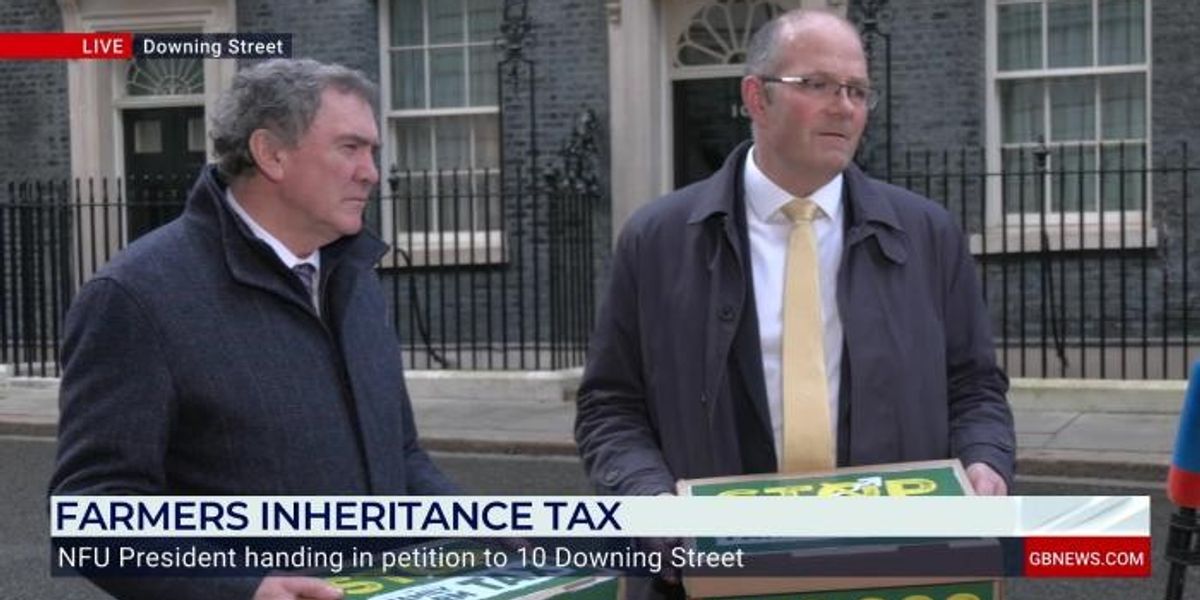

National Farmers’ Union President Tom Bradshaw has hit out at Labour’s “unfair” inheritance tax raid on farmers as he and the Welsh union leader hand their petitions into Downing Street.
Bradshaw told GB News: “Over 270,000 people have supported our petition. We’d like to thank every one of them for their support. It means so much to the farming industry, but food production is something that everyone in this country relies on.
“And unfortunately, the confidence of the industry has been absolutely broken.”
WATCH ABOVE.
NewsBeat
Cabinet minister rules out Leveson 2 despite Prince Harry’s phone hacking victory over The Sun
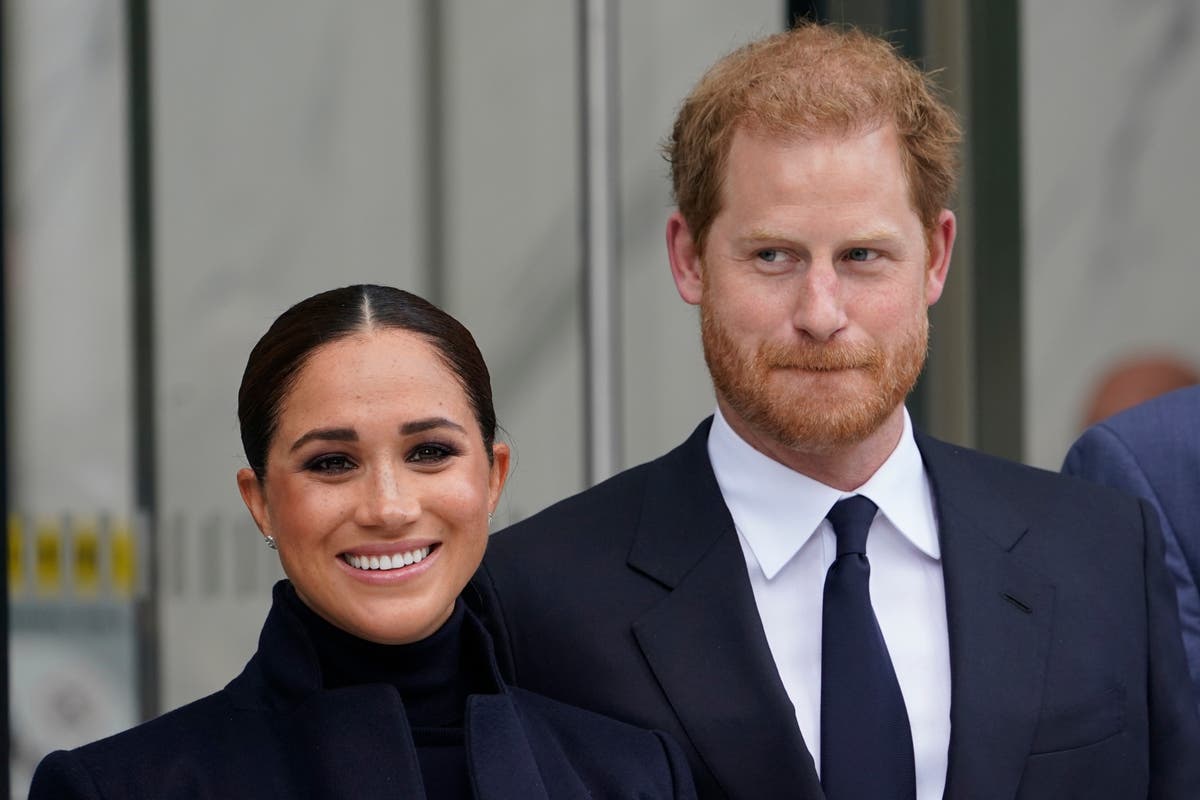
A senior cabinet minister has insisted that there will be no new inquiry or restrictions into the activities of the media in the UK despite The Sun paying damages to Prince Harry.
Actor Hugh Grant, a leading member of the campaign group Hacked Off, had led demands for a second inquiry following the one chaired by the leading High Court judge Lord Leveson which reported in 2012.
It had been initiated because of industrial scale phone hacking by newspapers at Rupert Murdoch’s News Corp and Trinity Mirror.
A second inquiry, which was shelved by former prime minister David Cameron, was meant to look at the relationship between the police and the press.
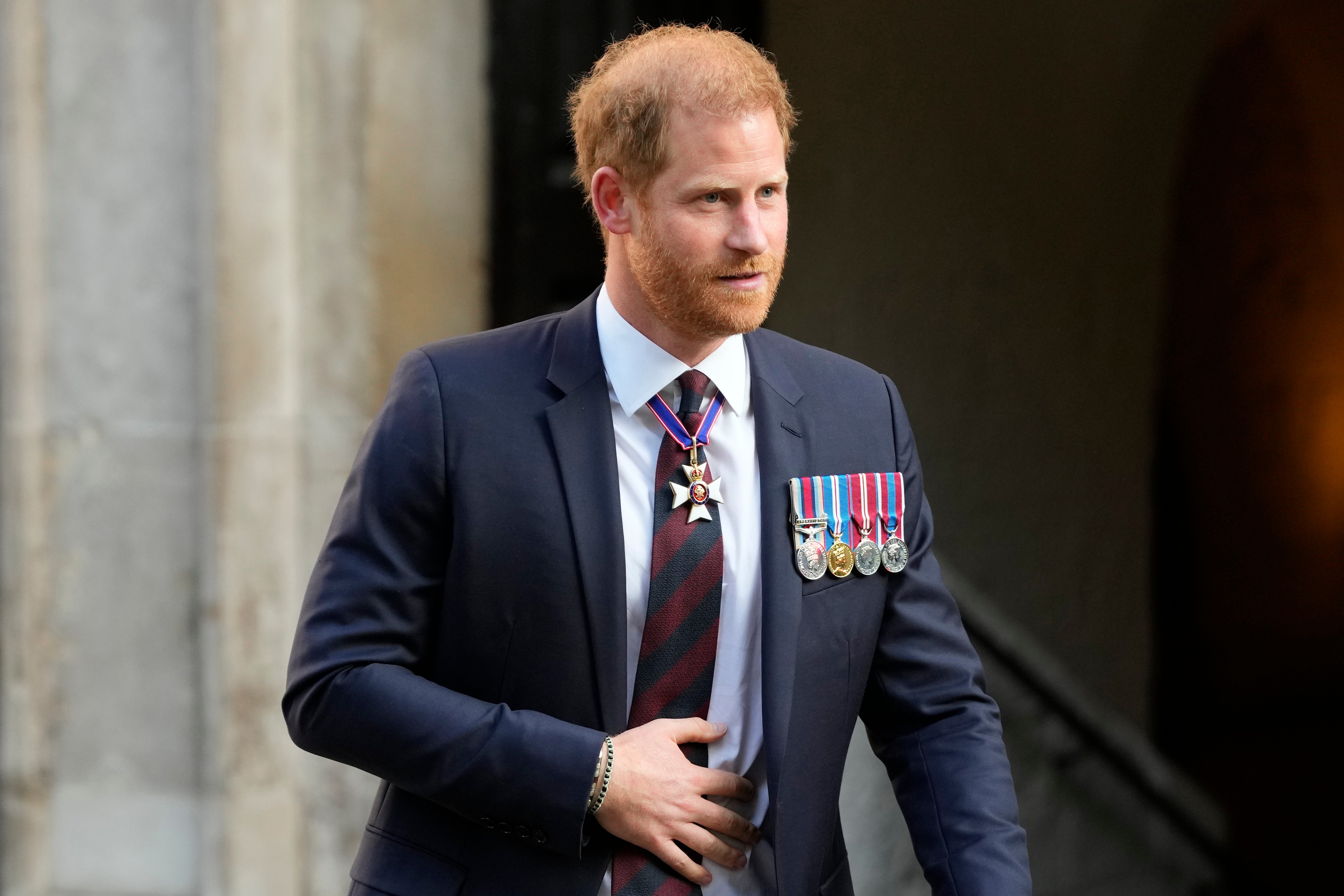
But speaking on BBC Radio 4’s Today Programme this morning, defence secretary John Healey stated that there would be no further action against the media.
While he said that “all laws are kept under review” action would only be considered “if there was new evidence”.
But asked about the second stage of the Leveson inquiry which has been shelved, he said: “We have made the decision we won’t proceed with the second stage of the Leveson inquiry. But we will take account of any new evidence that is put to us.”
It was pointed out that in May 2018 former Labour leader Ed Miliband, now in the current cabinet, said that there needed to be a second Leveson inquiry “no ifs, no buts, no maybes”.
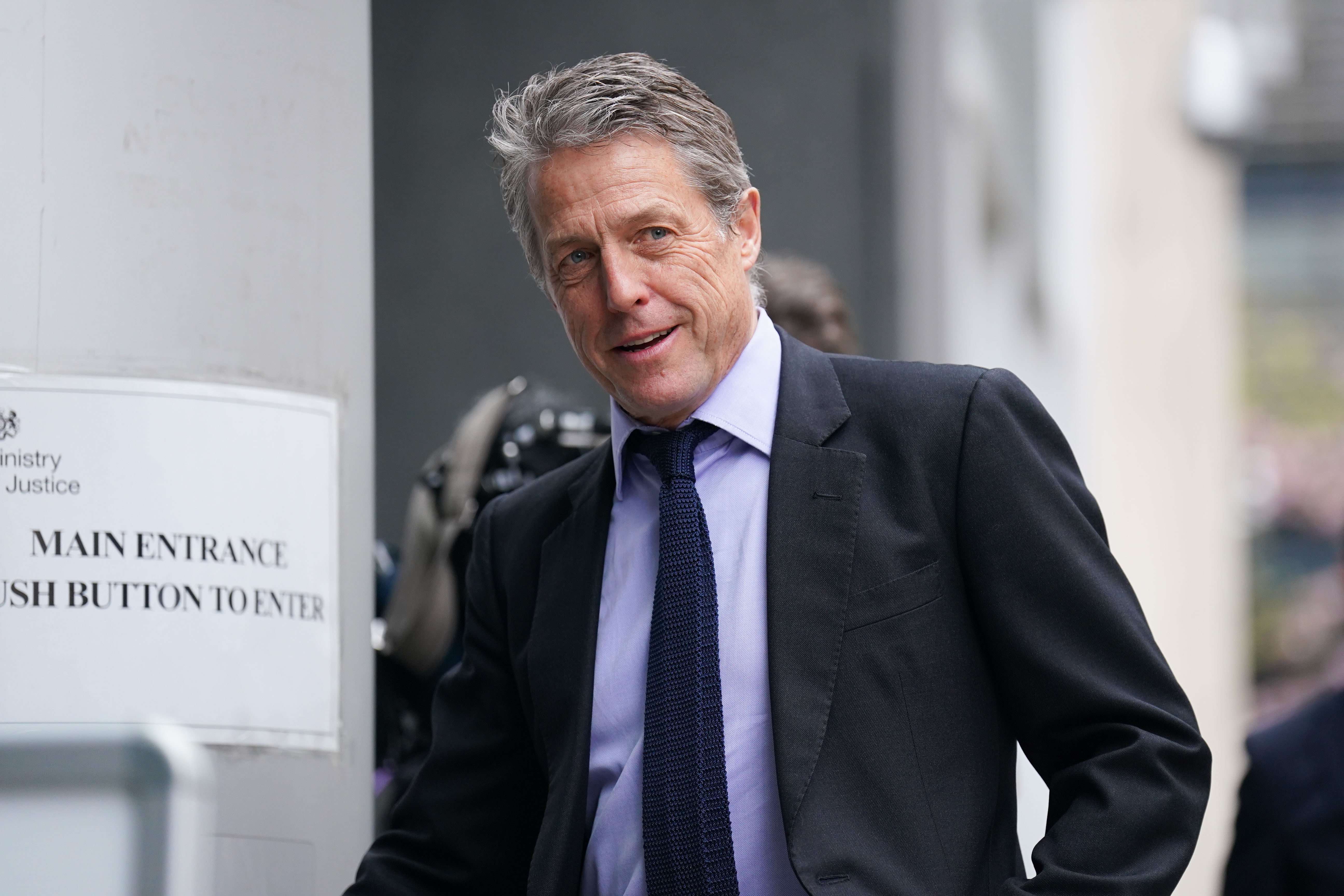
Asked what had changed, Mr Healey responded: “Seven years, two elections and we went into the last election last year with a commitment to do what we can but a decision we would not go ahead with the second stage of an inquiry.
“We need to strike a balance between the protection of individuals and the right of a free press.”
The Duke of Sussex, 40, alleged that journalists and private investigators working for News Group Newspapers (NGN) – which also published the now-defunct News of the World – had unlawfully targeted him.
On Wednesday, his barrister confirmed that the parties had “reached an agreement”, with NGN offering an “unequivocal apology” and agreeing to pay “substantial damages”, reportedly an “eight-figure” sum.
Delivering a scathing rebuke on the steps of the High Court, Harry’s barrister, David Sherborne, described the settlement as a “monumental victory”.
He declared: “The lies are laid bare, the cover-ups are exposed, and today proves that no one is above the law.”
Earlier, Mr Grant, who also took News Corp to court, told the Today Programme: “In light of these findings [in the Prince Harry case], we think that the Crown Prosecution Service (CPS) and the police should launch a new criminal investigation into this.
“That was the aim of Prince Harry’s case as I understand it and certainly was my original aim in my case.
“Also quite clearly there should be Leveson 2. This is something that was repeatedly promised by the Labour Party in opposition to victims of press abuse over and over again and now suddenly seems to have disappeared from their priority list now that they are in government.”
NewsBeat
Mikel Arteta: Arsenal boss says club ‘actively looking’ to sign striker in January
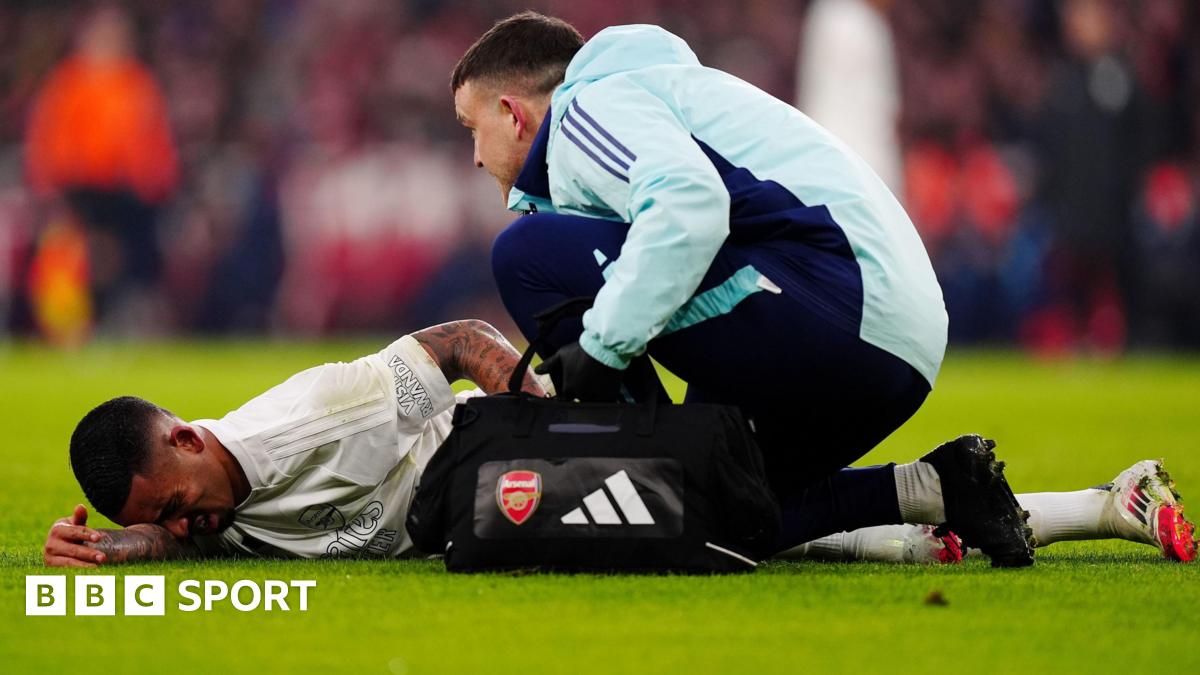
“It is clear that in the period that we lost them, ideally we need some help. We were short already and now we are even shorter. The team still copes with that.”
However, he said he would only do “what is right for the club” and is “actively looking” to “get the right player”.
“Any player, no,” he added. “[It has to be] someone that makes us better and has an impact in the team.”
Arsenal have been linked with RB Leipzig striker Benjamin Sesko and also Wolves forward Matheus Cunha but Arteta, who did not comment on either player in his pre-match news conference said it’s not a certainty that Arsenal will be able to complete a deal for a forward.
“It doesn’t just depend on Arsenal, on Mikel or our will. It depends on the market and a lot of different factors.” Arteta added.
Arsenal midfielder Declan Rice said after the win over north London rivals Tottenham that he would not be “surprised” if Arsenal do try to sign a striker in this window, but Arteta said his players haven’t said to him that they feel like they need someone to come in.
“We have all been there, we all look at each other.” Arteta said.
“We have very, very short numbers for many, many weeks and they recognise the situation, we all do.”
However, the Arsenal boss did say that he does sometimes speak to his players about potential signings, especially if they have played together before, to get an insight into their characters.
“That’s getting us away from the computer and what the data is saying and it is real,” said the Spaniard.
“I have seen it, I sense it. A player can score a lot of goals, great. How does this player react when he hasn’t scored for six or seven games?
“This is what I am interested in. Watch an interview with a player who hasn’t scored for six games, and then what kind of goals does he score?
“Against which teams in which context? Is it first half or second half? Is it only with his right foot, only headers, only in open spaces? Does he like the physical contact of this league?
“There are a lot of things. So when you have a player that has spent a lot of days with him, that is really valuable information to have.”
Politics
Dame Andrea Jenkyns calls for ‘British public vote’ on capital punishment
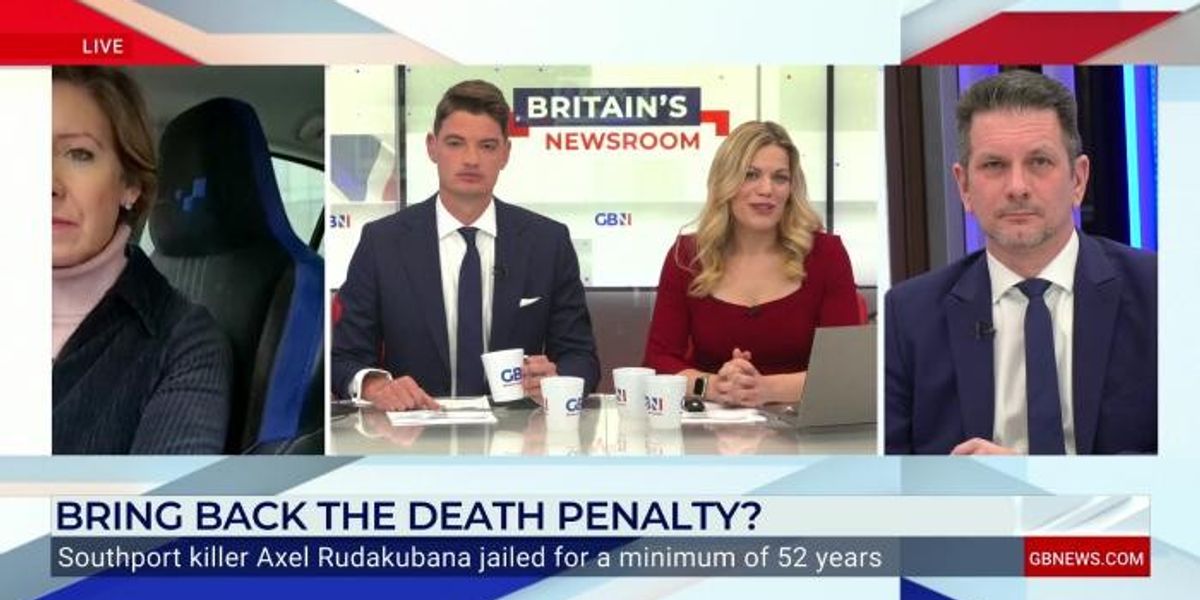

Reform UK’s Greater Lincolnshire mayoral candidate Dame Andrea Jenkyns has called for the return of capital punishment following the sentencing of Southport child killer Axel Rudakubana.
Speaking to GB News, Jenkyns suggested a public vote on reinstating the death penalty, arguing that British taxpayers should not “give a penny to evil people”.
NewsBeat
World's largest iceberg on crash course with island, putting millions of penguins in danger

The world’s largest iceberg is on a collision course with the British territory of South Georgia – potentially putting millions of penguins and seals in danger.
NewsBeat
UK will not recognise Donald Trump’s new name for Gulf of Mexico
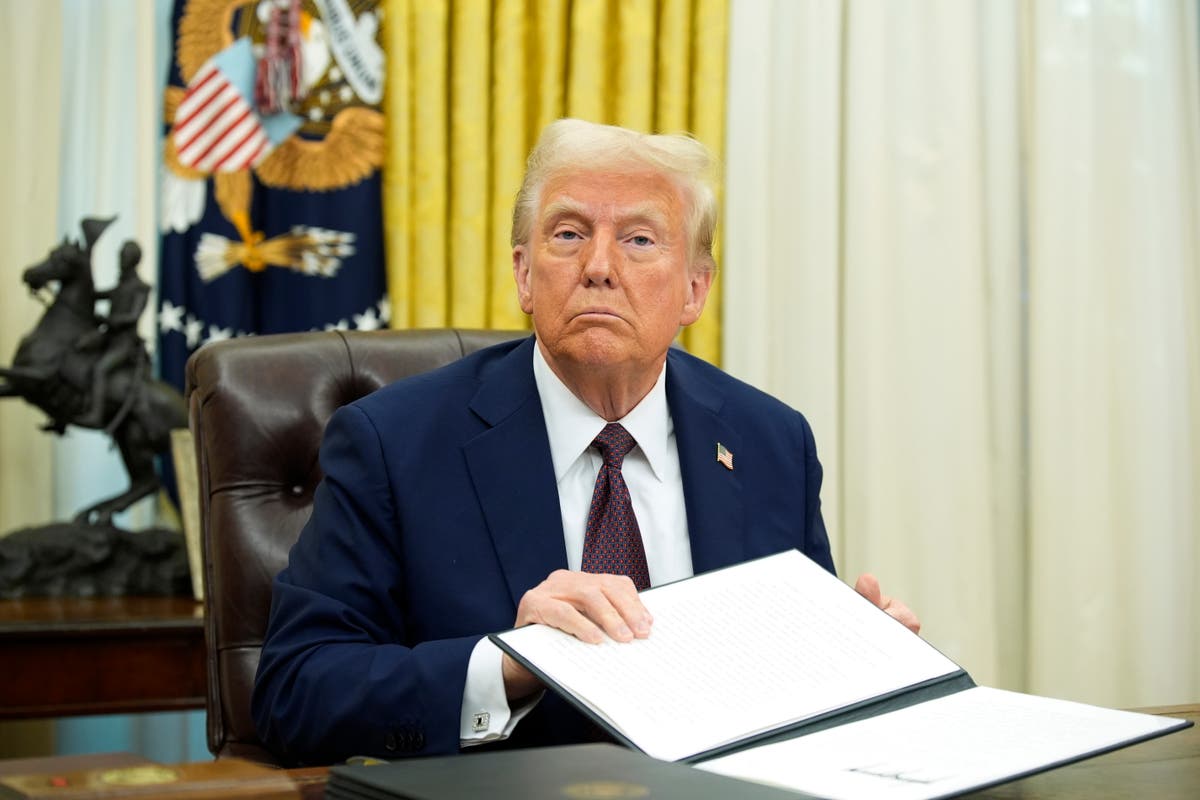
Britain has no plans to along with Donald Trump’s decision to rename the Gulf of Mexico the Gulf of America, The Independent understands.
Amid a slew of executive orders he signed on his return to the Whitehouse, the new president used executive order 14170 to “restore names that honour American greatness”.
“The area formerly known as the Gulf of Mexico has long been an integral asset to our once burgeoning Nation and has remained an indelible part of America,” the order states.

Mr Trump cited the abundance of oil and natural gas in the basin, the “vibrant American fisheries” in the Gulf as well as its status as a favourite for American tourists.
He said it will “continue to play a pivotal role in shaping America’s future and the global economy”.
“In recognition of this flourishing economic resource and its critical importance to our Nation’s economy and its people, I am directing that it officially be renamed the Gulf of America,” Mr Trump added.
The executive order means all government references to the area will refer to it as the Gulf of America, with the Gulf of Mexico stripped from America’s Geographic Names Information System (GNIS).

Navigation apps such as Google Maps are under pressure from Republicans to follow along with the name change, but Mr Trump cannot compel foreign countries to use the new name.
While the US can choose how to label geographical features on its coastline, the UK will continue its existing process for labelling landmarks and regions, The Independent understands.
And sources told The Telegraph the name will not change on British maps until ‘Gulf of America’ becomes the most commonly used name for it, which is unlikely.
Mexican President Claudia Sheinbaum has hit back at the president over the name change, saying “the Gulf of Mexico is a name recognized by the United Nations”.
“For us and for the entire world it will continue to be called the Gulf of Mexico,” she said.
And she joked that if Trump went ahead with the renaming, her country would rename North America “Mexican America”.
NewsBeat
Hugh Grant calls for police to investigate Sun owners
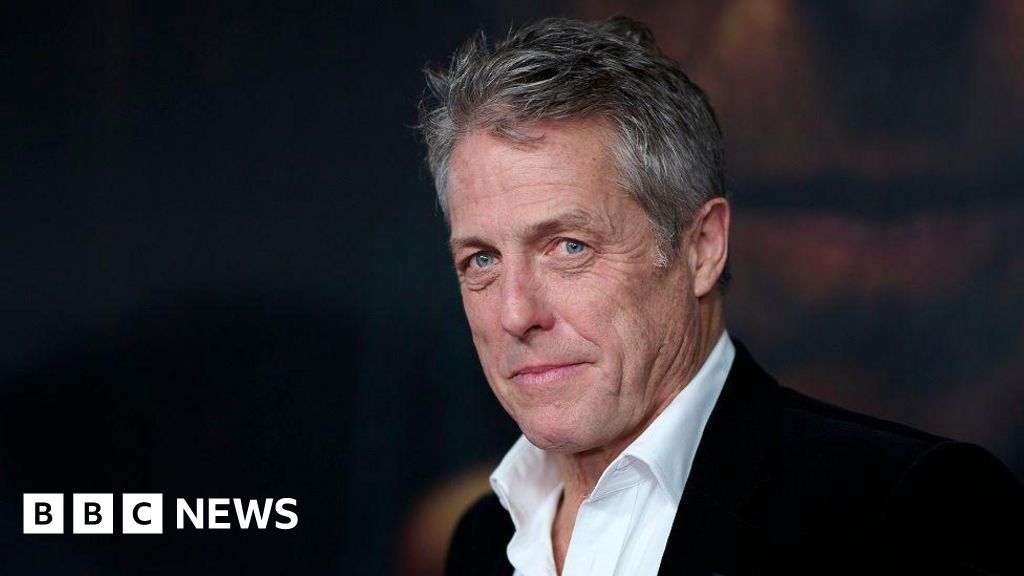
Hugh Grant has called for police to open a new criminal investigation into the owners of The Sun, saying the job is not done “by any means” after Prince Harry settled his privacy claim on Wednesday.
News Group Newspapers (NGN) agreed to pay “substantial damages” and apologised to the Duke of Sussex for “serious intrusion” by The Sun between 1996 and 2011, and admitted “incidents of unlawful activity” were carried out by private investigators working for the newspaper.
Grant also settled a privacy claim against NGN in 2024, saying he could have faced a bill of up to £10m even if he had won.
The actor said both incidents had shown a civil case was “not the right instrument” to get to “the real truth” of what happened at the newspaper.
Former Labour leader Lord Tom Watson, who also reached a settlement with NGN on Wednesday, said a legal team would be passing a dossier to the Metropolitan Police.
The force said on Friday there were no active investigations into allegations of phone hacking or related matters.
“We await any correspondence from the parties involved, which we will respond to in due course,” a spokesperson said.
Grant said NGN had “gamed” the civil courts to silence complainants and a criminal investigation was needed.
“That’s what they’ve done consistently over the last 10 years,” he told BBC Radio 4’s Today programme on Friday.
“They’ve spent £1bn to make sure these things are never looked at in court… and you don’t get proper judicial findings.
“I think what they’re terrified of is that those findings would trigger a new criminal inquiry.”
In the civil courts, claimants could end up paying the costs of their opponents if the damages award is less than they have been offered to settle – even if they win.
Grant had accused The Sun of using private investigators to tap his phone and burgle his house, and said he settled because he could not face the possible costs of proceeding to trial.
NGN had denied the allegations and said the settlement was reached “without admission of liability”.
The actor called on the Crown Prosecution Service (CPS) and the Metropolitan Police to investigate.
The CPS told the BBC criminal investigations were matters for the police.
Grant also argued a new investigation was needed because people who were at the paper at the time that private investigators who carried out “unlawful activity” were instructed were still in “positions of great power”.
NGN apologised to Prince Harry for serious intrusion into his private life by The Sun that took place between 1996 and 2011.
The paper’s editor during part of that time, Rebekah Brooks, is currently the CEO of News UK. She was cleared of conspiracy to hack voicemails in a 2014 trial.
“A lot of the foot soldiers for those newspapers have now come over to our side… to say this is awful,” the actor said.
“We’ve been punished, we’ve been to prison, we’ve paid fines, we’ve lost our jobs.
“But the people who commanded all this, they’re still there.”
Meanwhile, Grant said the government should launch part two of the Leveson Inquiry into press standards in light of the Duke of Sussex’s case.
The 2012 inquiry into the culture, practice and ethics of the press was launched in the wake of the phone hacking scandal.
“This is something that was repeatedly promised by Labour in opposition to victims of press abuse, over and over.
“And now suddenly seem to have disappeared from their priority list now that they’re in government.”
On Thursday, Lisa Nandy, Secretary of State for Culture, Media and Sport, ruled out opening a second stage of the inquiry, saying it was no longer “fit for purpose”.
“A lengthy inquiry that was formulated in a different era before a lot of the cases that we’ve seen since arise from what happens online, which is where a lot of people consume news nowadays,” Lisa Nandy told the BBC.
The BBC has contacted The Sun, News UK and the government for a response.
Politics
Reform UK MP Lee Anderson demands return of capital punishment after remorseless Southport killer handed ‘unduly lenient’ 52-year sentence
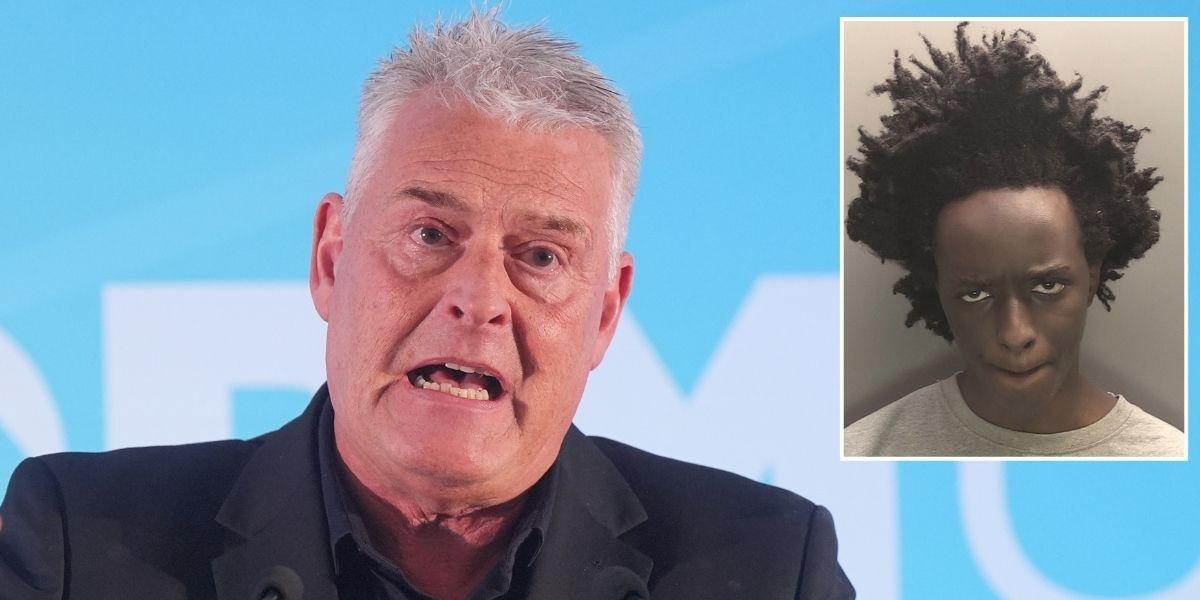
Reform UK MPs have ramped up calls for a debate around the death penalty after Southport’s remorseless killer Axel Rudakubana was handed an “unduly lenient” 52-year-sentence.
Ashfield MP Lee Anderson, Boston & Skegness MP Richard Tice and Great Yarmouth MP Rupert Lowe all demanded a conversation about the reintroduction of capital punishment.
Sharing an image of a hangman’s noose, Anderson said: “This is what is required.”
Tice added: “I don’t think we should be afraid of having a national debate on important big issues like this. I think that many people in the country would like at least a debate.”
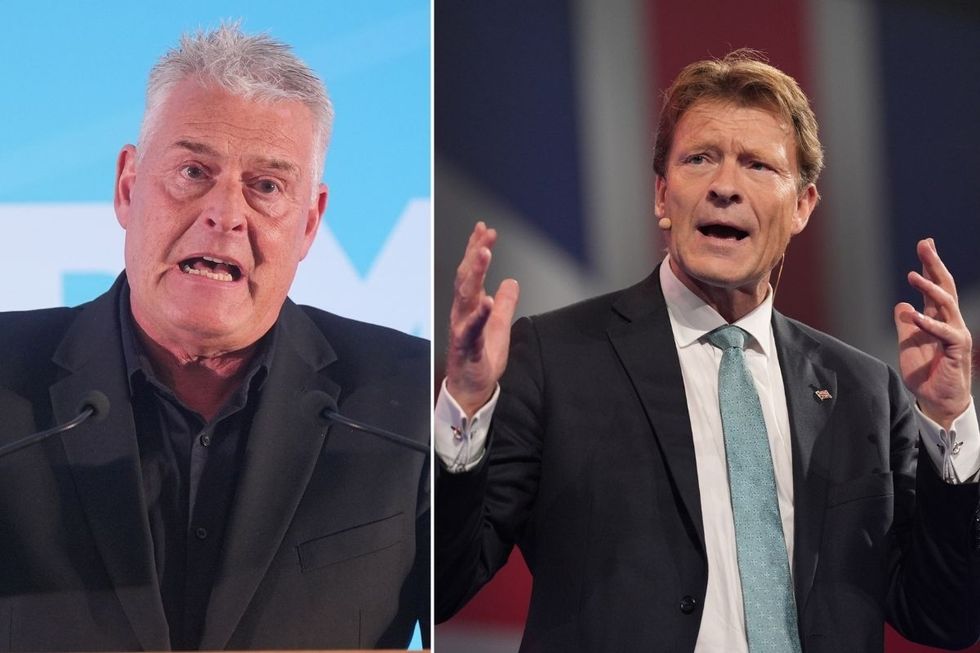
Lee Anderson and Richard Tice
PA
Lowe also claimed that it was now “time for a national debate” on the use of capital punishment “in exceptional circumstances”.
The death penalty was only officially abolished in Britain in 1998.
However, Peter Anthony and Gwynne Owen Evans were the last people executed in the UK back in 1964.
Following Rudakubana’s sentencing yesterday, a petition was launched on the Houses of Parliament website demanding the abolition of whole life orders and reintroduction of the death penalty.
LATEST DEVELOPMENTS:
 Axel RudakubanaPA
Axel RudakubanaPAThe most recent opinion poll on reintroducing the death penalty, conducted by YouGov in 2022, suggests Britain is split on the return of capital punishment.
YouGov found that 40 per cent supported its return, with 60 per cent opposing.
However, in cases of multiple murder, terrorism and the murder of a child, the proportion of Britons supporting the death penalty soars past 50 per cent.
Judge Mr Justice Goose was unable to hand Rudakubana a whole life order because he was just nine days away from turning 18 at the time of the horrific attack last July.
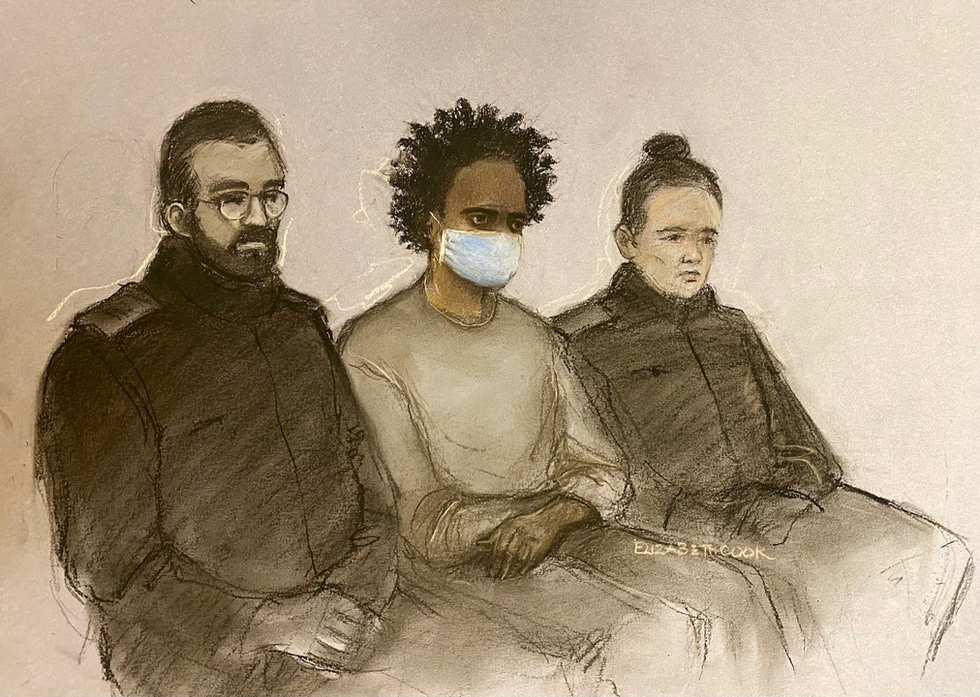 Axel Rudakubana pleaded guilty to murdering three young girls in the Southport knife attack in July 2024PA
Axel Rudakubana pleaded guilty to murdering three young girls in the Southport knife attack in July 2024PASouthport’s Labour MP Patrick Hurley said the 52-year sentence was “not severe enough” and asked Attorney General to review the sentence as “unduly lenient”.
Attorney General Lord Hermer and Solicitor General Lucy Rigby have 28 days to decide whether to refer the sentence to the Court of Appeal.
In a statement release following yesterday’s sentencing, Sir Keir Starmer described the Southport attack, which left three children dead and another eight wounded, as “one of the most harrowing moments in our country’s history.”
Directly addressing Rudakubana’s sentence, the Prime Minister added: “What happened in Southport was an atrocity and as the judge has stated, this vile offender will likely never be released.”
NewsBeat
What happens if Thames Water goes bankrupt? Administration and nationalisation explained
Thames Water has warned the government that it faces bankruptcy if it is not allowed to raise bills by more than agreed with regulator Ofwat. The UK’s biggest water company will put it’s prices up by 35 per cent over the next five years, down from the 53 per cent that was requested.
Bosses have argued that the additional funding is needed to pay for new infrastructure investments over the next five years, but Ofwat has declined to change its decision. Thames Water now has until 18 February to decide whether to appeal to the Competition and Markets Authority.
Representatives for the water supplier maintain that the funding settlement will not allow the company to restructure its debts, increasing the chance of bankruptcy. Thames Water is trying to secure £3bn in emergency funding to protect against imminent collapse, a plan which London’s High Court will decide on in Febrary. The company is also looking to find £3.25bn in equity investments to 2030.

These financial lifelines are preferred by the company’s creditors, but campaigners say the cost of the emergency funding would be passed on to Thames Water customers.
But if Thames Water is unable to increase its bills any higher and also fails to secure emergency funding, the possiblity of bankruptcy will become even more real, forcing the government to step in.
What happens if Thames Water goes bankrupt?
If Thames Water goes bankrupt, the government would be forced to carry out some form of nationalisation. Ministers have reportedly already begun looking for potential special administrators to take over the beleagured water company.
This would put it into a special administration regime, taking in to temporary government ownership to ensure that its essential water service continues.
However, the move could also force the government to take on Thames Water’s £16bn debt pile. This would be a major blow for the Treasury, especially to come at a time when economic growth remains inconsistent.
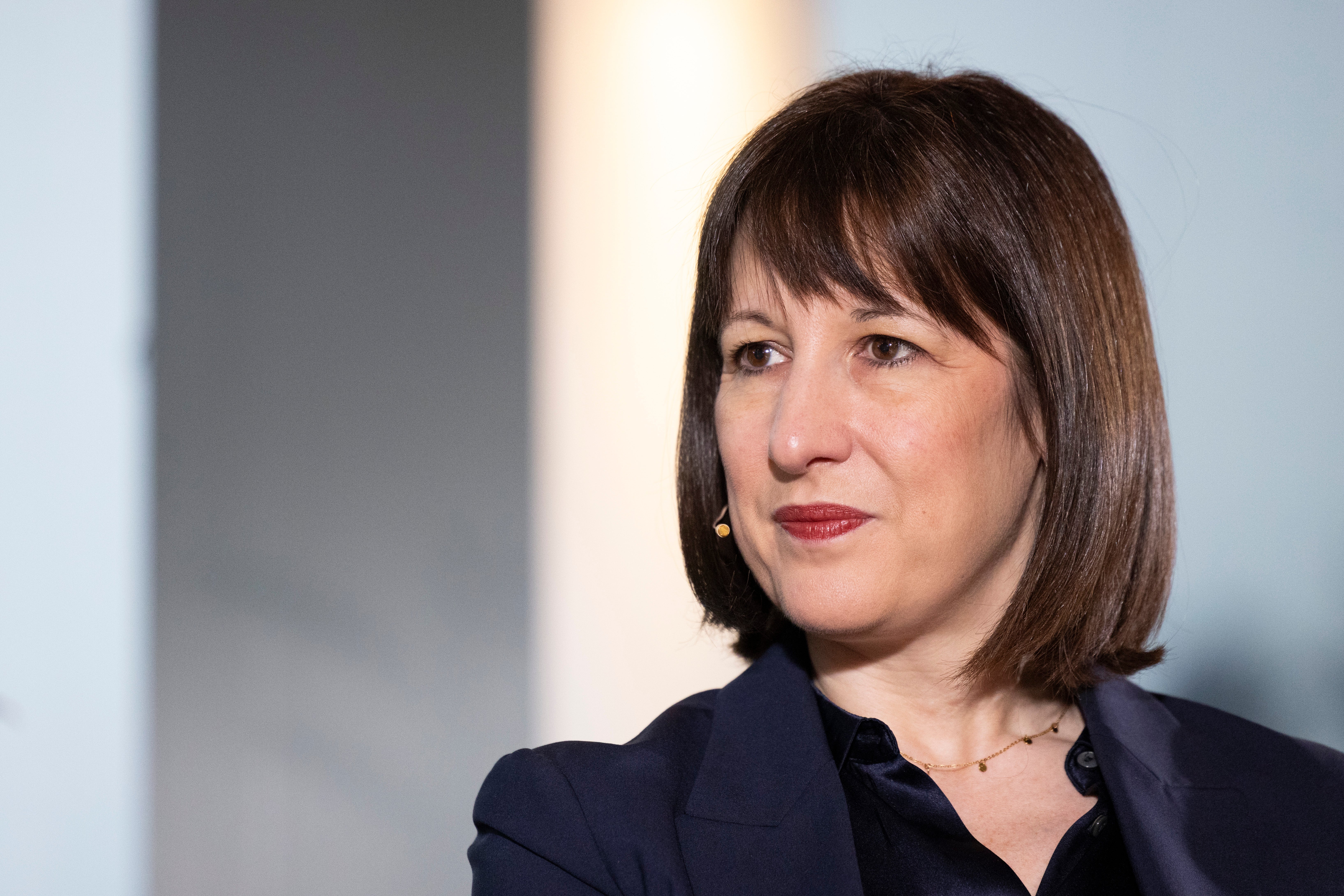
Whitehall officials have begun drawing up the plans under the codename ‘Project Timber,’ it was revealed in April last year. This would see Thames Water run by the government as an arms-length body, giving it far greater control of day-to-day operations. Meanwhile, current lenders would lose up to 40 per cent of their money.
Ministers would be faced with deciding whether the company would remain a public asset or become privatised again. The Labour government has said it has no intention to nationalise the water industry – citing a cost of £90bn and need to deal with issues quickly.
However, ministers have moved towards nationalisation in other industries. Rail nationalisation is expected to finish in 2027, while work on publicly-owned GB Energy continues. Projects like these may well pave the way for other similar endeavours in the future.
When did the problems with Thames Water start?
Some would argue Thames Water’s problems go back to the 1980s, when it was privatised alongside all the other water companies.
In 1989, Margaret Thatcher’s Conservative government sold off England and Wales’ ten regional water companies to the newly created Water and Sewerage Companies (WSCs) for £7.6bn.
The move was unprecedented, and was the second attempt after an unsuccessful first run in 1984, when there was massive outcry against Ms Thatcher’s plans. However, bolstered by her 1987 general election win, the plans were pushed through.
The move came after Ms Thatcher imposed tight restrictions on the water companies which prevented them from being allowed to borrow for capital projects. This then became part of her government’s justification for selling them to private owners.
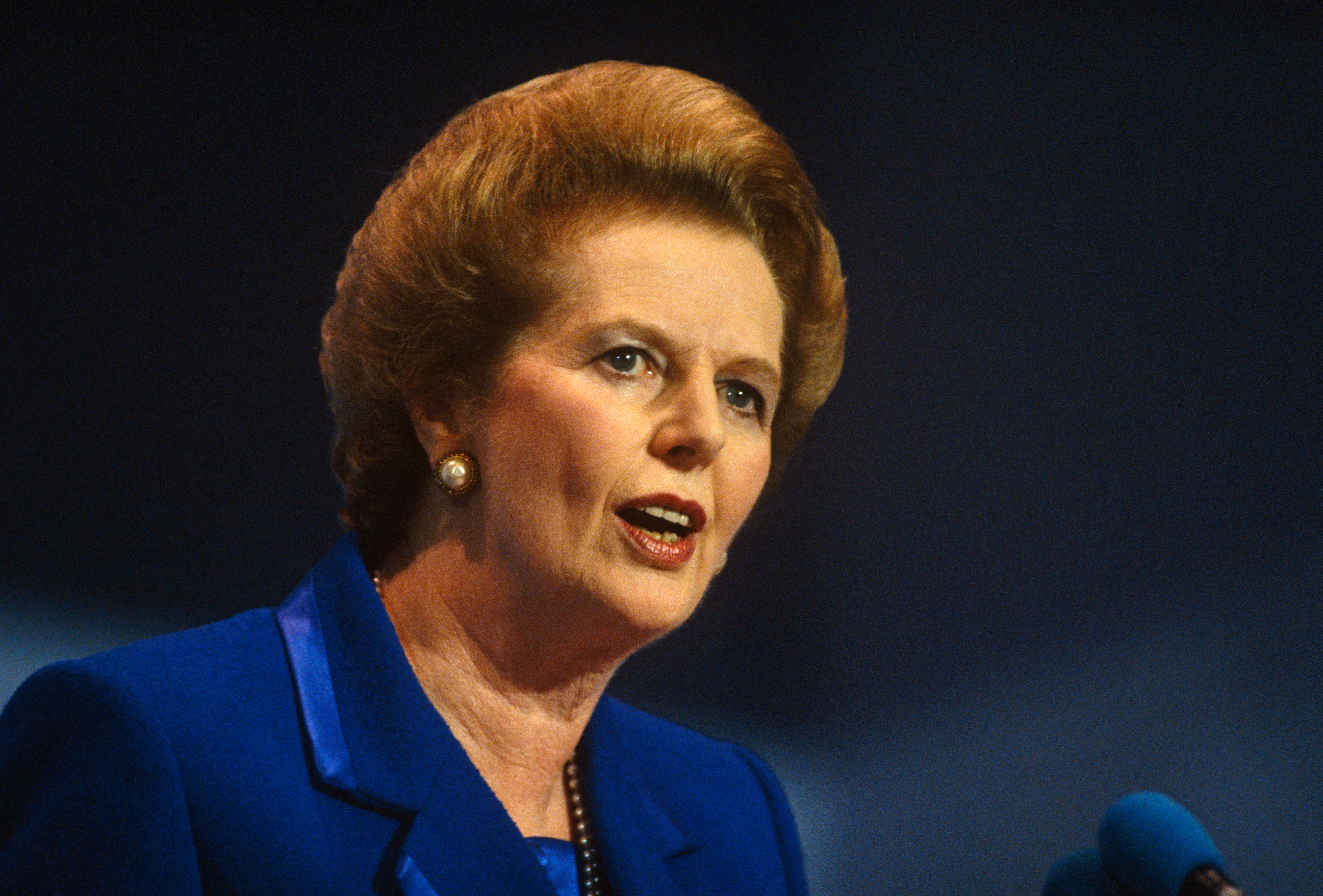
Ms Thatcher once said the Conservatives were against nationalisation because “we believe that economic progress comes from the inventiveness, ability, determination and the pioneering spirit of extraordinary men and women.”
“If they cannot exercise that spirit here, they will go away to another free enterprise country which will then make more economic progress than we do.”
In 2025, England and Wales remain two of the few countries in the world to have fully privatised water services.
According to pro-nationalisation campaign group We Own It, water bills in England and Wales have gone up by 40 per cent in real terms since nationalisation, while the average salary of a water service CEO is £1.7m a year.
Thames Water in the 21st century
Since 2001, Thames Water has had three owners. It was acquired by German utility company RWE in 2001 and sold to Macquarie in 2006 following criticism over leakage targets.
Macquarie’s ownership lasted for 11 years, until 2017. During these years, Thames Water acquired the highest debt in the sector, as owners pursued severe underfunding and cost-cutting measures alongside massive shareholder dividend payouts.
Under Macquarie, debts almost tripled from £3.2bn to £10.5bn, as shareholders were paid £2.8bn.
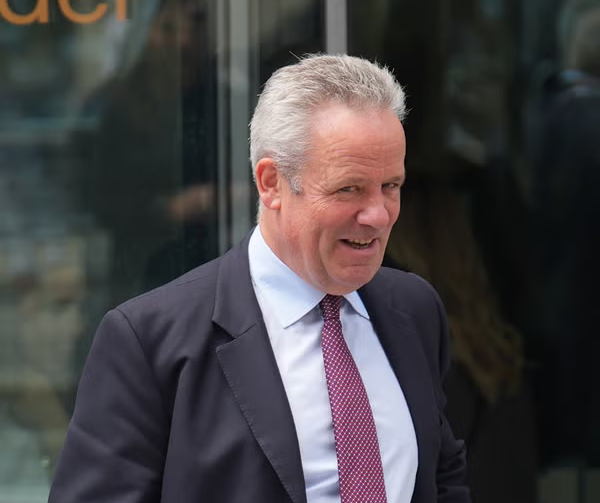
The company is now owned by several major shareholders, including several pension funds. The largest ownership shares are OMERS (32 per cent), a Canadian public pension fund, and the UK’s Universities Superannuation Scheme (20 per cent).
The path to financial recovery for Thames Water has been difficult, with former CEO Sarah Bentley stepping down suddenly in June 2023 after three years in the role. She was replaced by former British Gas executive Chris Weston the following December, who will receive a pay package of reportedly up to £2.3m a year with bonuses.
In December, Thames Water was fined £18 million by Ofwat for “unjustified” dividend payments which it say broke shareholder payment rules. The regulator also clawed back £131 million worth of dividends.
Now in 2025, the company finds itself one step closer to bankruptcy – its future looking less certain than ever.
NewsBeat
CCTV footage shows flooding outside Galway aquarium
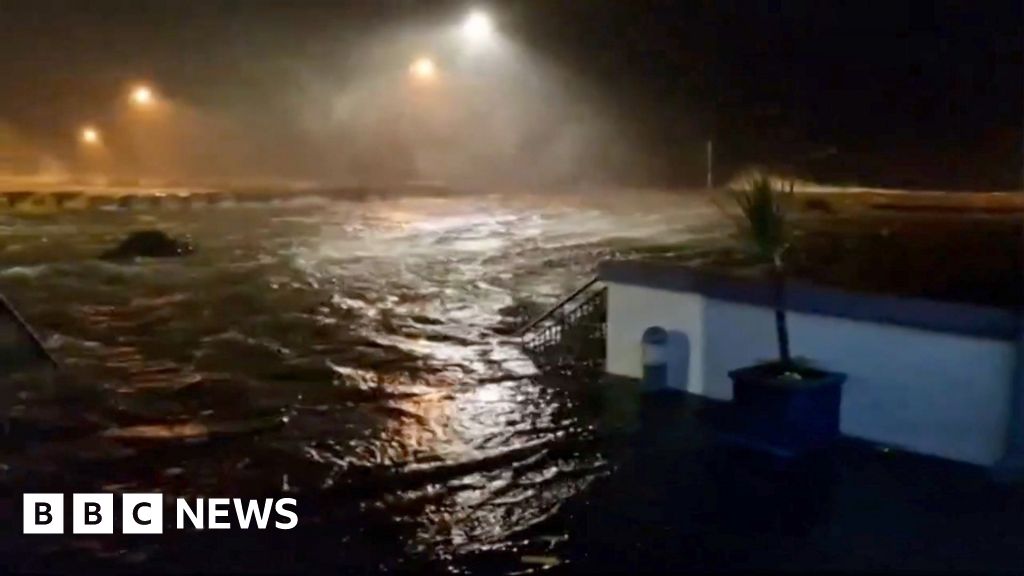
Hundreds of thousands of properties have been left without power as Storm Éowyn batters the Republic of Ireland.
This footage from Galway shows extensive flooding at the city’s aquarium.
A core of very powerful winds are battering the west coast, where a gust of 114mph (183km/h) was recorded at Mace Head.
Parts of Northern Ireland and the UK are also suffering the effects of the storm, with widespread disruption, schools closed and people urged to stay at home.
-

 Fashion8 years ago
Fashion8 years agoThese ’90s fashion trends are making a comeback in 2025
-

 Entertainment8 years ago
Entertainment8 years agoThe Season 9 ‘ Game of Thrones’ is here.
-

 Fashion8 years ago
Fashion8 years ago9 spring/summer 2025 fashion trends to know for next season
-

 Entertainment8 years ago
Entertainment8 years agoThe old and New Edition cast comes together to perform You’re Not My Kind of Girl.
-

 Sports8 years ago
Sports8 years agoEthical Hacker: “I’ll Show You Why Google Has Just Shut Down Their Quantum Chip”
-
Business8 years ago
Uber and Lyft are finally available in all of New York State
-
Entertainment8 years ago
Disney’s live-action Aladdin finally finds its stars
-
Sports8 years ago
Steph Curry finally got the contract he deserves from the Warriors
-
Entertainment8 years ago
Mod turns ‘Counter-Strike’ into a ‘Tekken’ clone with fighting chickens
-
Fashion8 years ago
Your comprehensive guide to this fall’s biggest trends


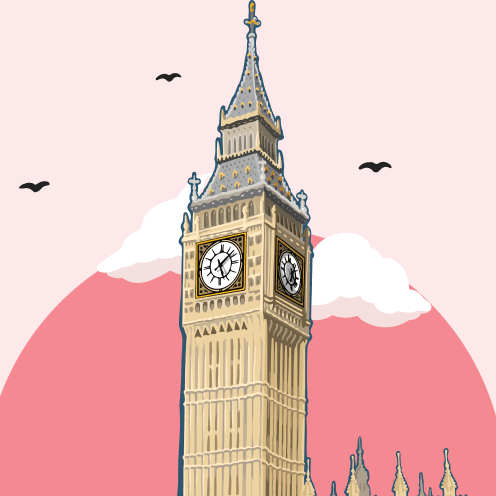



You must be logged in to post a comment Login